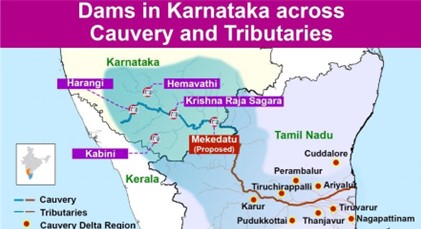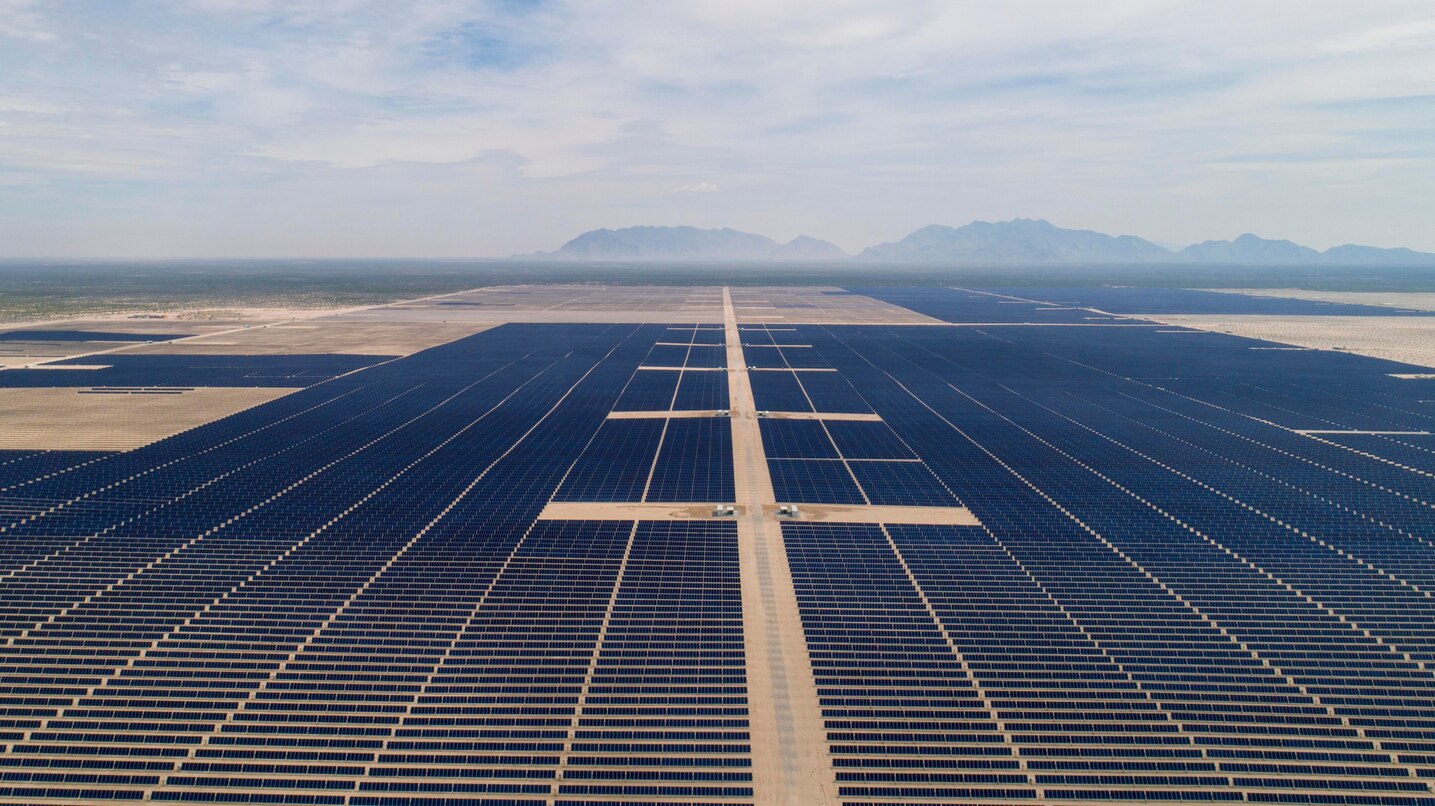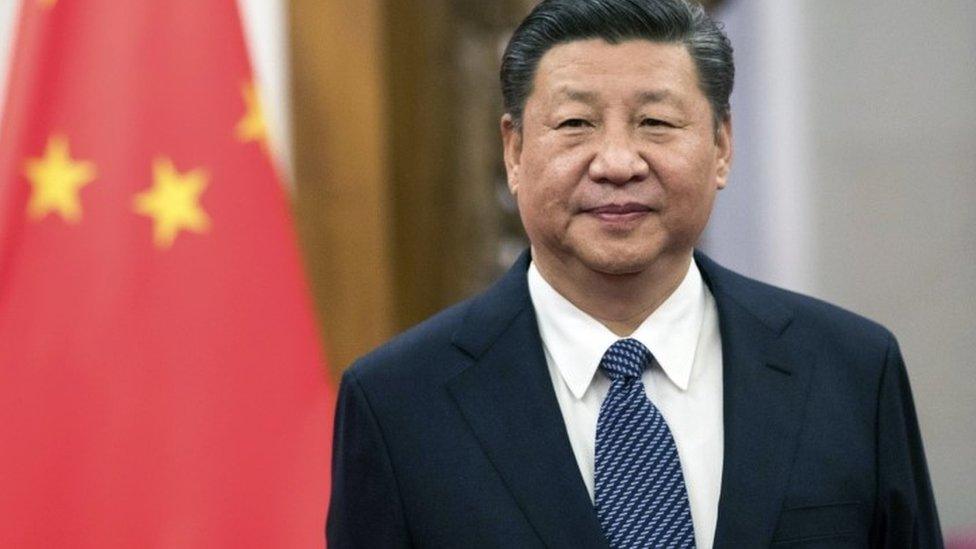- Courses
- GS Full Course 1 Year
- GS Full Course 2 Year
- GS Full Course 3 Year
- GS Full Course Till Selection
- Answer Alpha: Mains 2025 Mentorship
- MEP (Mains Enrichment Programme) Data, Facts
- Essay Target – 150+ Marks
- Online Program
- GS Recorded Course
- Polity
- Geography
- Economy
- Ancient, Medieval and Art & Culture AMAC
- Modern India, Post Independence & World History
- Environment
- Governance
- Science & Technology
- International Relations and Internal Security
- Disaster Management
- Ethics
- NCERT Current Affairs
- Indian Society and Social Issue
- NCERT- Science and Technology
- NCERT - Geography
- NCERT - Ancient History
- NCERT- World History
- NCERT Modern History
- CSAT
- 5 LAYERED ARJUNA Mentorship
- Public Administration Optional
- ABOUT US
- OUR TOPPERS
- TEST SERIES
- FREE STUDY MATERIAL
- VIDEOS
- CONTACT US
Mekedatu Project
Mekedatu Project


Latest Context
A unanimous resolution has been adopted by The Karnataka Assembly for requesting clearance for the Mekedatu drinking water and balancing reservoir project as a response to the opposition of the Tamil Nadu government.
Current Status:
Karnataka, to date, has not obtained the consent of Tamil Nadu which is required to start this project. Therefore, it is still in its preliminary stage and has not obtained the necessary clearances and approvals from authorities like the Ministry of Environment, Forest and Climate Change (MoEFCC), Central Water Commission (CWC), and the National Board for Wildlife (NBWL).
Mekedatu Project
- Introduction: It is a project having multi-purpose which comprises the construction of a balancing reservoir near Kanakapura in Ramanagara district, Karnataka. The meaning of the term Mekedatu is goat’s leap. In a structural sense, it is a deep gorge located at the confluence of the rivers Cauvery and its tributary Arkavathi. The fundamental objective of this project is to provide drinking water to Bengaluru and neighbouring areas covering 4.75 TMC and generate 400 MW of power.
- Benefits of the Project:
- It will cater the growing demand of drinking water in Bengaluru and its nearby areas facing acute water shortage and dependence on groundwater.
- It will help in harnessing renewable energy by generating 400 MW of hydroelectric power.
- It will also contribute to renewable energy production in addition to reducing carbon emissions.
- It will control the flow of water to prevent floods and droughts which in turn will benefit farmers and communities.
Opposition By Tamil Nadu:
- The main objection of Tamil Nadu is that it will significantly reduce the water flow and which will negatively impact its agricultural activities and water supply.
- The Cauvery River is a main source of water source for Tamil Nadu therefore it helps its farming communities and catering the need of the drinking water of its residents.
- According to Tamil Nadu, the project violates the final judgment of the Cauvery Water Disputes Tribunal (CWDT), which allocated a specific share of water to each riparian state, including Tamil Nadu.
Cauvery River Dispute
- River Cauvery (Kaveri): In Tamil, it is known as ‘Ponni’. It is the fourth-largest river in South India. This river is worshipped by the people of South India. Brahmagiri Hill of the Western Ghats in southwestern Karnataka state is the point of origin of the Cauvery River. In the southeast direction, it flows through the states of Karnataka and Tamil Nadu and descends drains into the Bay of Bengal through Pondicherry.
- Left Bank Tributary: Shimsa, Hemavathi, Arkavathi, and Harangi.
- Right Bank Tributary: Suvarnavati, Noyil, Bhavani, Lakshmantirtha, Kabini, and Amaravathi.
- Historical Background
- It originates in Karnataka and passes through Tamil Nadu. Its major tributaries belong to Kerala and therefore this river dispute comprises three states and one Union Territory (Pondicherry). It is a 150-year-old dispute that dates back to the two agreements of arbitration in 1892 and 1924 between the then Madras presidency and Mysore.
- It is based upon the principle that the upper riparian state must obtain the consent of the lower riparian state. Therefore, for constructing any activity like a hydroelectric project on this river consent is needed from the Tamil Nādu.
- This dispute started in 1974. Consequently, the Cauvery Water Disputes Tribunal (CWDT) was established in 1990 to resolve this dispute. In 2007, after 17 years CWDT pronounced its final order which devised a plan for water sharing mechanism of Cauvery water among the four riparian states. In problematic years, water would be shared on a pro-rata basis.
- The Top Court, in 2018, ordered that the Cauvery is a national asset and largely upheld the water-sharing arrangements determined by the CWDT. It also instructed the Centre to notify the Cauvery Management Scheme. In June 2018, the central government notified the ‘Cauvery Water Management Scheme’ under which the ‘Cauvery Water Management Authority’ and the ‘Cauvery Water Regulation Committee’ have been constituted.
Way Forward
- Cultural Exchange: To organize cultural events of the states involved in this dispute that showcase the shared cultural heritage and traditions of both Karnataka and Tamil Nadu could be useful to resolve this dispute. It will promote a sense of unity and mutual respect that will strengthen the bond between the states and create a conducive atmosphere for resolving this dispute.
- Real-time Monitoring and Data Sharing: It could be very useful to implement a robust system for real-time monitoring of water levels, rainfall patterns, and river flows. Furthermore, it should be shared transparently between the states to enable informed decision-making and foster trust.
- Joint River Rejuvenation: To launch a joint collaborative initiative to restore the entire Cauvery River for resolving the problems of pollution and habitat degradation could be useful to mitigate the negative consequences of this project.
- Eco-friendly Design: To redesign the Mekedattu project with eco-friendly features and will be a pragmatic solution in order to minimize its environmental impact. In addition, using innovative engineering solutions to minimize the disruption in this river's natural flow and in the surrounding ecosystem will be helpful to overcome the problems related to this dispute.

Prelims
Q. Which of the following Protected Areas are located in Cauvery basin? (2020)
1. Nagarhole National Park
2. Papikonda National Park
3. Sathyamangalam Tiger Reserve
4. Wayanad Wildlife Sanctuary
Select the correct answer using the code given below:
(a) 1 and 2 only
(b) 3 and 4 only
(c) 1, 3 and 4 only
(d) 1, 2, 3 and 4
Ans: (c)
Mains
Q. Constitutional mechanisms to resolve the inter-state water disputes have failed to address and solve the problems. Is the failure due to structural or process inadequacy or both? Discuss. (2013)



